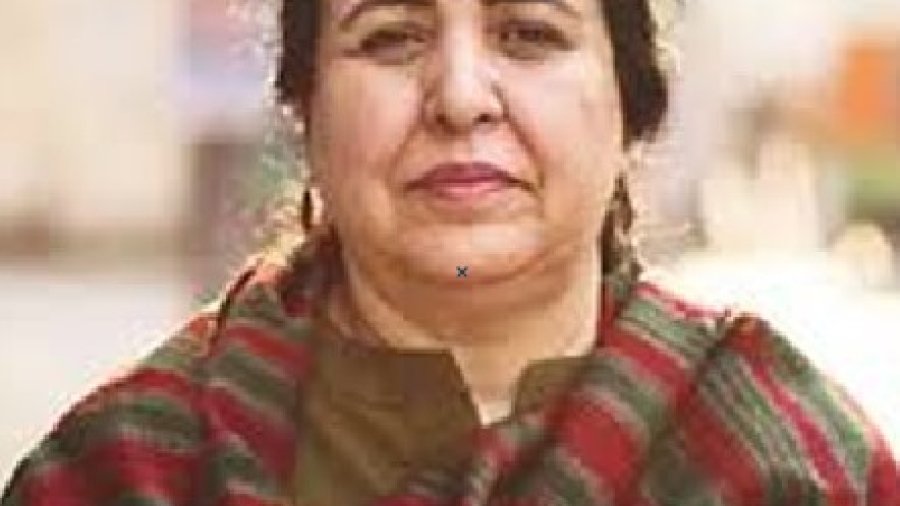Captain M. Iqbal Khan Shaheed – Hilal-e-Jurat
M. Rayyan Bahadur – International junior Squash Champion
M. Rayyan Bahadur
Doha International junior Squash Champion
Muhammad Rayyan Bahadur, a young squash prodigy from Peshawar Khyber Pakhtunkhwa, brought home a gold medal in the Under-15 category, showcasing the untapped talent of his region. His victory at the Asian Junior Super Series in Doha, where he bested players from across the globe, not only elevated Pakistan’s stature in squash but also highlighted the immense potential in KP’s youth. With an unwavering commitment to his sport and academics, Riyan’s journey exemplifies the power of determination and the importance of family support in nurturing young talent.
Riyan credits much of his success to his father, whose encouragement and guidance helped him overcome the challenges of balancing rigorous training with schoolwork. Starting his squash journey inspired by his grandfather, Riyan embraced a demanding schedule and persevered through tough competition. His story underlines the pivotal role of mentors and family in a young athlete’s growth, while his achievements abroad reflect the transformative impact of international exposure on building confidence and resilience.
Upon returning home, Riyan was met with widespread community recognition, becoming a symbol of pride for Khyber Pakhtunkhwa. His message to the youth is clear: with hard work, passion, and support, any dream is achievable. Riyan’s journey is not just about personal glory—it’s about inspiring a generation of young athletes to pursue sports, break societal barriers, and prove that KP is a reservoir of talent ready to shine on the global stage.
Karishma Ali – Footballer & Social Activist
Karishma Ali
International Footballer & Social Activist From Chitral
Karishma Ali emerged as a beacon of hope and change from the rugged mountains of Khyber Pakhtunkhwa’s district Chitral. She became the first female footballer to represent Pakistan’s national team. From securing a silver medal at the 2016 Jubilee Games in Dubai to competing in the 2017 Australian Football League International Cup, her achievements on the field broke barriers and inspired countless girls from her conservative region to dream big. Her inclusion in Forbes 30 Under 30 Asia in 2019 solidified her legacy as a pioneer in women’s sports.
Driven by her vision to empower young girls, Karishma founded the Chitral Women’s Sports Club and the Karishma Ali Foundation (KAF), using sports as a catalyst for leadership, resilience, and gender equality. Since its inception, KAF has supported over 500 young female athletes, offering them avenues for higher education, leadership development, and social activism. From organizing sports camps for Afghan refugee girls to advocating for gender-based violence awareness and mental health through art therapy, her foundation has become a lifeline for marginalized communities.
Karishma’s journey exemplifies the power of perseverance and the transformative potential of sports. Her tireless advocacy for inclusive policies and mentorship of future leaders continues to pave the way for a more equitable Pakistan. Through her efforts, she envisions a society where girls are empowered to lead, free from violence and inequality, shaping a brighter, more inclusive future for all.





